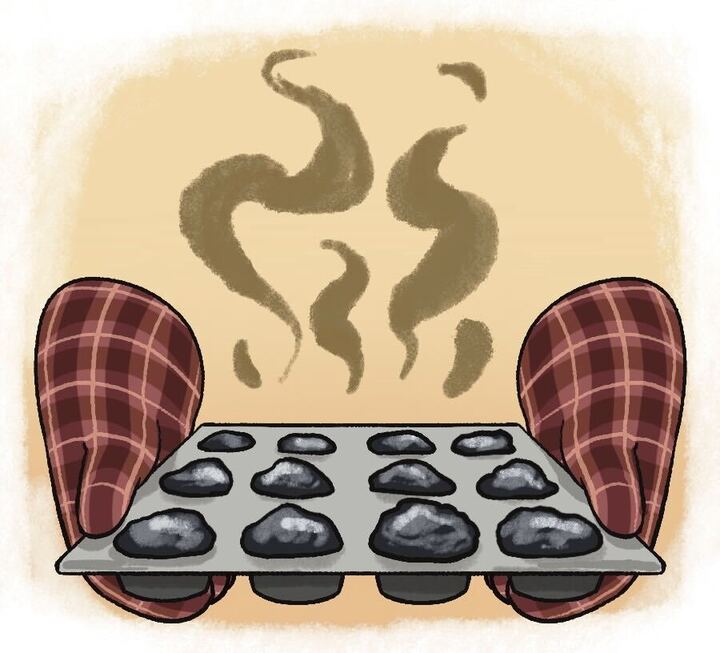Forum
How the normalization of weaponized incompetence upholds outdated gender norms
 Illustration by Manuel Lopez
Illustration by Manuel Lopez In early 2024, the Ketchup Challenge went viral on Tiktok, a “relationship test” where the woman in a heterosexual relationship spills ketchup on her kitchen counter and has her boyfriend or husband clean it up. That is the entire challenge. Viewers watch as the man often uses an excessive number of paper towels, smears the ketchup around in circles, and creates an even bigger mess.
This trend demonstrates weaponized incompetence, the phenomenon where someone will present themselves as incapable of completing a task to avoid the responsibility of doing it. When a man in a heterosexual relationship avoids household duties, this not only places more responsibility on their wife but also reaffirms traditional gender roles that limit women to homemakers and childbearers.
In the film “The Break-Up,” Jennifer Aniston plays the character Brooke alongside her male partner Gary played by Vince Vaughn. After guests leave from a party, Brooke cleans and indirectly asks Gary to do the dishes. However, he continues sitting on the couch playing video games and says he is exhausted and will do the dishes tomorrow. Brooke does not like messes and won’t wake up to a dirty kitchen, so Gary knows that his response means Brooke will end up doing the dishes.
Jennifer Aniston showcases her pain and frustration with the famous line, “I want you to want to do the dishes.” She desperately wants her boyfriend to want to help her, but he cannot understand this and goes on to say she’s “acting crazy.”
Another famous and clear example of this comes from a scene in “Diary of a Wimpy Kid,” Rodrick’s secrets to an easy life. Rodrick teaches his younger brother Greg to appear incapable of washing a car and completing his homework so that their dad will do it for them.
However, this humor does not accurately depict the damage that this concept can do to a relationship and a child if evoked by a parent.
When a mother goes out, she often faces the question, “Where are the kids?” When she responds that they’re at home with their dad, she’s met with great admiration — an “Awww” or “What a great dad!” Or worst of all, “Is dad babysitting?” How can a dad babysit his own kids?
The problem begins with social expectations. On social media, fathers are applauded for vlogs where they go to the grocery store and clean their house, seemingly monotonous tasks expected of any mother.
There are countless memes like, “When you open your gift at Christmas and Dad is just as surprised to see what’s inside as you are.” Likewise, on social media, we see social experiments where parents are put on the spot to name their children’s birthdays and the names of their teachers, doctors, and friends. In each clip, the mother performs better than the father by a landslide.
These mothers take on a disproportionate amount of their children’s extracurricular and academic responsibilities, while simultaneously being more invested in their kids’ personal lives. Traditional gender dynamics lead to fathers missing out on key milestones and connections with their children.
Social media teaches us to laugh at these moments, however, as kids get older, parental incompetence is extremely damaging. It feels neglectful when your dad does not know your school or sports schedule. These basic care tasks should not be automatically diverted to the mother, especially when she also needs to clean up smeared ketchup.
Social media should not glamorize a man cleaning or buying groceries. This glorification enables male incompetence and fortifies gender stereotypes. By normalizing weaponized incompetence in the media, we lower our expectations for men and place more responsibility on women.
It’s not about the ketchup; it’s about the gendered performance of ineptitude and the harms we perpetuate if we leave weaponized incompetence unchallenged and unquestioned.
